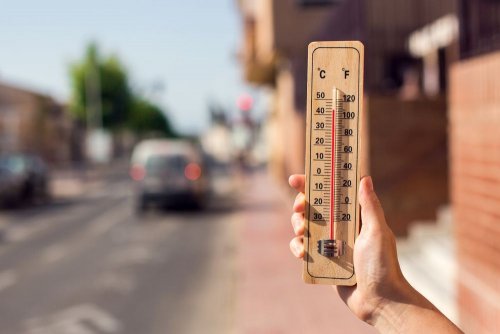England is gaining a reputation as a producer of excellent sparkling wines and will soon be able to compete with the French region of Bordeaux.
Euronews writes about this with reference to a recent report by the Fine Wines and Restaurants Market Monitor.
As climate change affects precipitation and temperatures continue to rise, experts predict that regions in the north, such as Yorkshire in the UK, could become leading wine producers by the end of the century. For example, the city of Hull in England may become known for its Cabernet Sauvignon as early as 2100, as climate change has hit Bordeaux and turned northern England into a hot spot for wine production.
Experts say that over the past decade, significant grape harvests have appeared in increasingly unlikely places. English sparkling wines are gaining worldwide recognition, and Swedish white wines are suddenly entering the international arena.
According to experts, these changes are taking place far beyond Europe. Thus, large wine regions may appear in China and the United States.

The authors of the report warn that Bordeaux may soon cease to reliably produce its signature wines due to drought, heat, and shorter ripening seasons, which makes cultivation more unstable.
Last year, Bordeaux recorded its lowest wine production since 1991 – 3.3 million hectoliters of wine, down from 3.8 million in 2023 – due to frost and mold damage to crops. In the famous French Chablis region, losses reached 60% in 2023.
Some growers are now harvesting earlier, replanting with more hardy varieties, or exploring new methods. Others are calling for reforms to appellation rules that would give them more flexibility over what grapes they can grow under protected labels.
Even in traditionally sustainable parts of Southern Europe, growers are beginning to question the long-term viability of their family vineyards.
As EcoPolitic previously reported, the English football club Sunderland “submerged” its name under water to draw attention to global warming.





